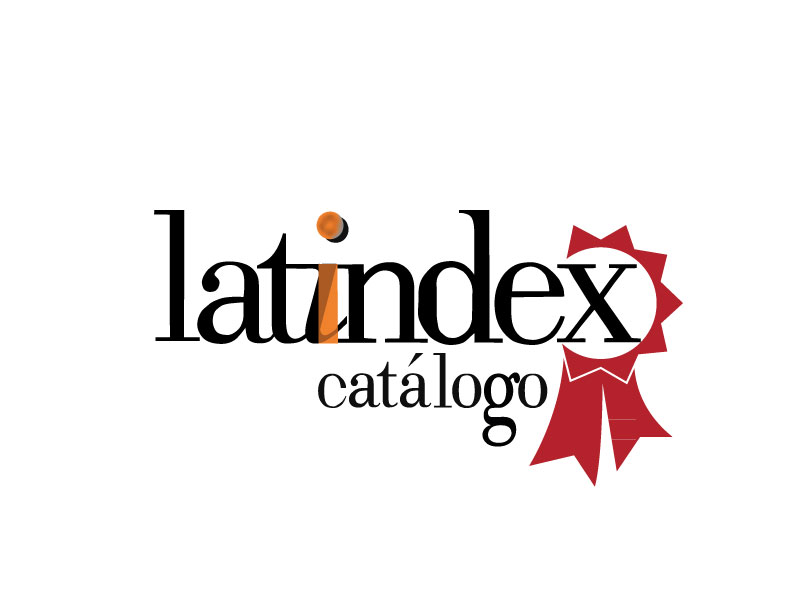Information For Authors
In this section a short guide regarding Acta Judicial Jrequirements for publication is provided. There is also information and different tools from specialized websites, to help potential authors in the scientific research process.
To find out about the Journal's policies, article submission and publication rules please visit About the Journal section (About the Journal). Authors need to register with the journal prior to submitting or, if already registered, can simply log in and begin the process.
Here you can find a tutorial for submitting your article.
Research Article
Despite any controversy, from the methodological point of view, there is consensus that an article is scientific when it deals with a topic or subject or a problematic legal issue, in a completely and exhaustively manner, bringing conclusive results. The research analysis may be descriptive, showing the main aspect of a problematic legal issue, or innovative, opening new horizons on the legal reasoning and application.
Title
The title has to clearly reflect the main scope of analysis, bringing a correlation between the hypothesis and the conclusions.
Abstract
Paperwork intended to be published at Acta Judicial must contain a brief documentary synthesis (abstract), that, objectively and precisely, reflects the content of the research. This requirement allows readers to have a clear idea about the proposed research, without having to read it completely. The abstract should be written after the work is definitively finished, avoiding the use of the authorial “I”, or examples or personal criticisms. The abstract must be written both in Spanish and English as a maximum of 250 words using a single paragraph.
Key words
Thesaurus or specialized dictionaries can be used to search for keywords that are related to the paperwork topics.
Keywords must reflect specific concepts related to the originality of the topic treatment. In other words, the more original the subject is, the more exclusive the chosen keywords should be. In many cases the originality may arise from the combination of these keywords.
No more than 10 words are allowed for each language, with a maximum of 2 lines.
Chapter titles
The titles of the articles (chapters, epigraphs and sub-epigraphs) must be related to the main topic of the analysis proposed by the authors.
The majority of people who read an article reach it through a search engine considering the use of keywords.
Therefore, the words "Introduction", "Background", "Methodology" or "Conclusions" will not be taken into account by internet search engines. Expressions like "The root of the problem", "The solution to the problem" do not serve as a title. All titles must clearly express what the research analysis is about, using the keywords or main concepts.
Research hypothesis
A well-established hypothesis should be considered as a starting point prior to the full development of the analysis proposed. As a general rule, controversial and current legal topics are highly recommended, as a way to enrich the legal debate and analysis. However, authors may bring new points of view, regarding old topics and ideas, even if they are partially or fully accepted by the scientific legal doctrine or the jurisprudence.
Research development
Regardless of the position that was initially taken, authors may vary their previous point of view and hypothesis, throughout the research or upon its completion. It is recommended that the reasons of this variation may be fully explained. Authors also may challenge a new topic or a new approach to legal reasoning, or they may deal with a topic that is been treated generously by the legal literature, if both contribute to firmly establish the main concepts and procedures applicable to the abovementioned topics.
Conclusion
Conclusions may be shown directly, avoiding the use of general, vague or inconsistent terminology, unless it supports the main research developed.
Revision
It is highly recommended that articles may be revised by other individuals prior to submission. A clear exposition must arise from the whole research, proposing the natural connection between the initial hypothesis, the consistency of the arguments and the supporting evidence.
Specialized tools
Mendeley
Mendeley is a free reference manager and academic social network that can help you organize your research, collaborate with others online, and discover the latest research.
Academia.edu
Academia is the easiest way to share papers with millions of people across the world for free.
ResearchGate
ResearchGate is the professional network for scientists and researchers. Over 17 million members from all over the world use it to share, discover, and discuss research. We're guided by our mission to connect the world of science and make research open to all.
Orcid
ORCID provides a persistent digital identifier that distinguishes you from every other researcher and, through integration in key research workflows such as manuscript and grant submission, supports automated linkages between you and your professional activities ensuring that your work is recognized.











